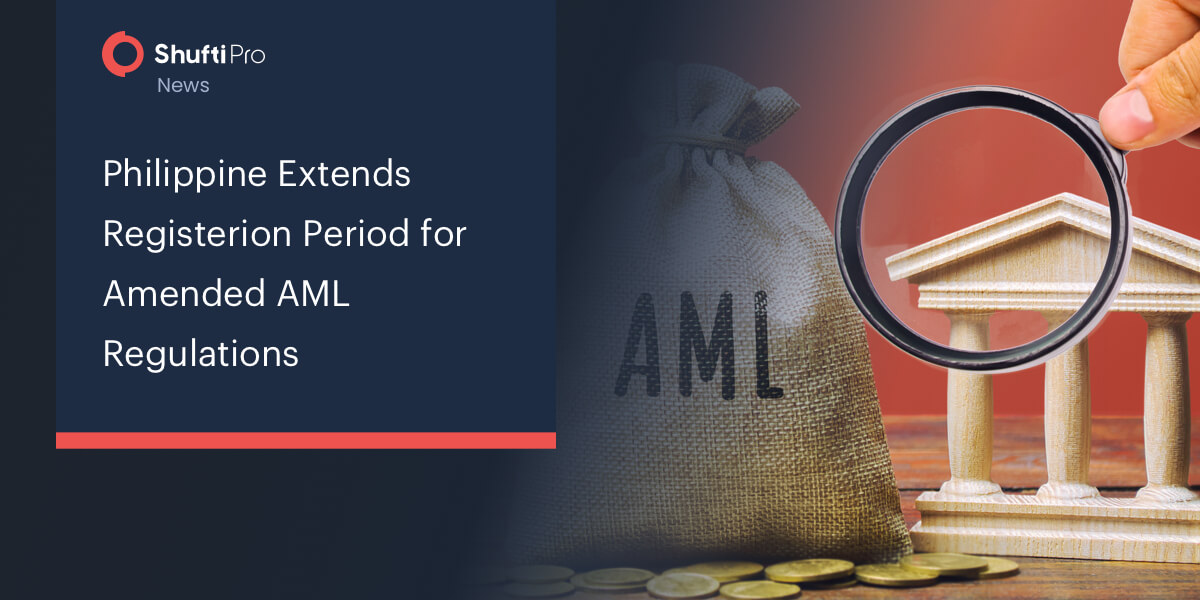Philippines Extends Registration Period for Amended AML Regulations

The Anti-Money Laundering Council in the Philippines has revisited the guidelines of the Anti-money Laundering Act. The revision allows more developers and brokers to register with the regulators.
“Once the deadline has been set, appropriate penalties pursuant to existing regulations will be imposed for those who fail to register on time,” AMLC Executive Director Mel Georgie B. Racela said in a Viber message.
The formulated guidelines have extended the deadline of the registration period to 30th June. The initial period for the registration was 16th March but now the deadline is extended to cover more persons. Several proposals from the Professional Regulation Commission (PRC) and stakeholders have been made to modify the Anti-Money Laundering and Counter-terrorism Financing Guidelines.
The revision also highlights the requirements of the registration process and the implementation actions that can be taken by the AMLC against the covered persons that lag behind in registering within the given time frame.
The gathered data by AMLC shows that only 2,272 real estate brokers have got themselves registered until now. 501 real estate developers and 72 offshore gaming operator service providers in the Philippines have complied with the registration requirements by AMLC.
The registration certificate with the AMLC will now be considered a part of the Know Your Customer (KYC) requirement for banks and financial institutions while dealing with real estate brokers and real estate developers.
Mr Racela added, “If the latter fail to submit this, then banks may be cited for violation of its Know Your Customer obligations. But because the deadline to register has not yet been set, Banks may be liberal to give them until the deadline has lapsed.”
The passage of the Republic Act 11521 was passed earlier this year that covers the compliance of the real estate brokers and developers in the AMLA regulations. Through this initiative, the country took the required steps in the fight against dirty money and terrorism funding in line with the recommendations provided by the Financial Action Task Force (FATF).
Despite these actions, the country still needs to prove to the global regulatory authority that it is enforcing tangible and rigid regulations against the illicit financial flow. The International Monetary Fund and the World Bank also highlighted that the country needs to take the necessary steps to cover the deficiencies on AML/CFT or it could fall back on the grey list by FATF.

 Explore Now
Explore Now













